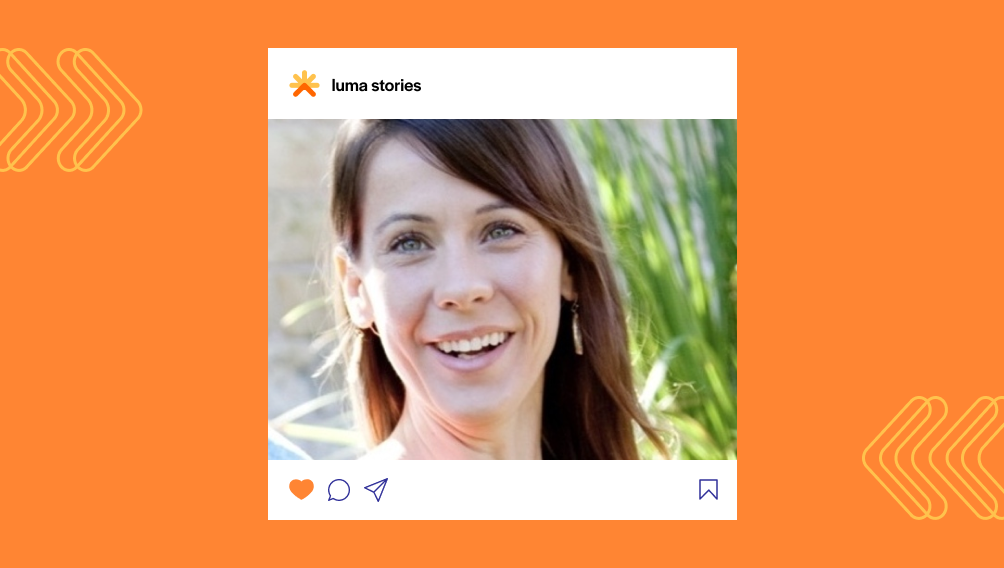Why Patient Success is a series from Luma staff about their experiences as patients and caregivers navigating the healthcare system.
“On a daily basis, something in our manual system fell through the cracks,” said Kristin Bowen, RN, about her past work as an oncology nurse. “I loved the patient care side – my patients often became like family – but I’d wake up in the middle of the night worried I’d forgotten to fax in a patient’s cardiology referral or give them important instructions written on one of my hundreds of sticky notes.”
Kristin split her workdays between direct care and helping her patients navigate their next steps, including tests, referrals to other specialists, new cancer treatments, and anything else that arose during their healthcare journey. Details were documented manually, which meant hundreds of sticky notes to track.
She remembers having to choose between completing her manual follow-ups and teaching a much-anticipated class about what first-time chemotherapy patients and their families could expect. “The paperwork was overwhelming at times, and meant that I spent more time managing paperwork than caring for my patients,” Kristin said. “It felt like a disservice when I needed to cancel the class, but at the end of the day, coordinating patient services took priority.”
Eventually, patients felt the direct impact of an inefficient system. “When patients with GI cancers were scheduled for surgery, they were handed a piece of paper with a long list of prep instructions. If a patient missed a step, the surgery sometimes had to be rescheduled at the last minute. That meant unused OR time for the hospital, and it was extremely frustrating for the patient, who likely took time off or had family in town to help with recovery.”
After 10 years in direct patient care, Kristin decided to make a difference in other ways, working in policy advocacy and research with Medicaid before joining the Luma team.
As a customer success manager, Kristin sees the impact of technology on clinical outcomes. “Patients are just people trying to live their lives,” she said. “They don’t have unlimited time or energy for repeat trips to the pharmacy or daily calls for their place on the waitlist. I love knowing that when I take a manual task off a nurse’s plate, it means they’re able to make life easier for their patients. I wish I had something like Luma when I was a nurse!”

